what it’s like to be diagnosed with adhd at age 48
Nerida Hansen thought ADHD was a young boys’ disorder until she was diagnosed at age 48.
When I was first diagnosed with ADHD early this year, I felt pure grief for what could have been. I wasn’t really sure what that was – maybe a house or more financial security; I’ve made some stupid decisions in my life, and have lost a lot of money along the way.
But as I moved along the path, I realised there was nothing much to grieve. I’ve lived enough anxiety for a lifetime, and put a lot of stress and strain on my family, but it was the ADHD – the ability to take a risk and plunge into whatever creative ideas I could – that got me where I am today. I wouldn’t change a thing.
I’m 48 years old and have a successful business designing and manufacturing fabric. My husband, Morten, works with me, and we have two children, Pernille, who’s 13, and Mads, 10. ADHD is a medical condition – a difference in brain development and activity affecting your attention, your ability to sit still and your self-control. It affects every part of your life. Simple things, like hanging out the washing, can be extremely challenging for me – I can stand under the line for 10 minutes and struggle to lift the clothes out of the basket and clip them on the line. It’s a gut-wrenching feeling, not being able to complete a task.
At work, I couldn’t print out a form and sign it, but I could curate an entire collection of summer fabrics in record time. I have to be very stimulated before I can undertake a task. Some people with ADHD have a lot of attention deficit but no hyperactivity; I have both. Working for me was probably a little crazy and funny and frustrating. I’d do things like have my staff move desks for two hours, and straightaway have them moved back again. It’s part of my hyperactivity – being scared of routine.
A typical weekend for me used to involve making plans all day, both days. I’d go out surfing then come home, do the grocery shopping, then come home again, then go for a walk. I’d always be trying to get the family out, and they’d say, “We just want to rest.” My husband would say, “What’s wrong with me? Don’t you want to sit at home and watch a movie with me?” But I’d be making plans to socialise and be out and about. ADHD does impact your family life, because they feel like you’re always running away, but in fact, I just can’t keep still.
I went to my GP last year because I was tired of living with my brain. There were things I put it down to, like running a business, and having children. Once I hit my 40s, it was all about the menopause, but my GP turned around and said, “Have you ever thought of yourself as someone with ADHD?” I hadn’t – I thought it was a young boys’ disorder. I had a couple of sessions with a psychologist, then I saw a psychiatrist who put me on a six-week trial of medication and said I just had to try it to see whether or not it would help. I wasn’t nervous about taking medication; I was just so exhausted and couldn’t go on anymore.
I was very active as a child. I had to play six sports through high school and was quite a risk-taker as a teenager. I was one of those kids who would sneak out of home and take part in social activities that my parents wouldn't have liked. I’d be the one buying the alcohol and really driving the social life. I think the reason my ADHD wasn’t picked up on when I was a child is because, while I was very chatty and couldn’t sit still, I always did my work.
Once the medication kicked in, I set up a desk at work for the first time in my life. I sat there and worked for eight hours and was so productive. I was like, “Oh my god, this is fantastic.” I was blown away, I was so happy. Before that, I would set my laptop up on a communal table in the office, but would only ever last a couple of hours. I’ve found my creativity to be even stronger now, because I can focus more and make better decisions.
Before I started medication, I’d never binged a Netflix series, but recently my husband and I watched High Fidelity, and at the end of every episode, he’d say, “Are you sure you want to watch another one?” And I’d say, “Yeah, yeah.” I really enjoyed it, and he did too. We were watching something together, which had never happened before.
My big lesson here is, if you’re running a business or have a busy life, it’s really important to stop and consider mental health above and beyond busyness. I put my whole life down to busyness, but in actual fact I was mentally medically dysfunctional. We need to make ‘busyness’ a bad word, not a good one.
I’m still frightened of routine and have a long way to go. It’s about having to live with a whole new set of patterns, which I’m learning through psychology, and that will take a good year or two. But I have a taste of how much calmer life can be. Having more of a focused, calmer me is a lot better for everyone else around me, as well.
I’ll never be too quiet, because I love that part of me, too. But I’m happiest now spending time with my family and friends, and I’m thriving in my work. I can appreciate those small moments without always having to move on to something else.
This story comes straight from the pages of frankie 104. Head here to find your closest stockist, pick up a copy from our online store or subscribe from $59.50.
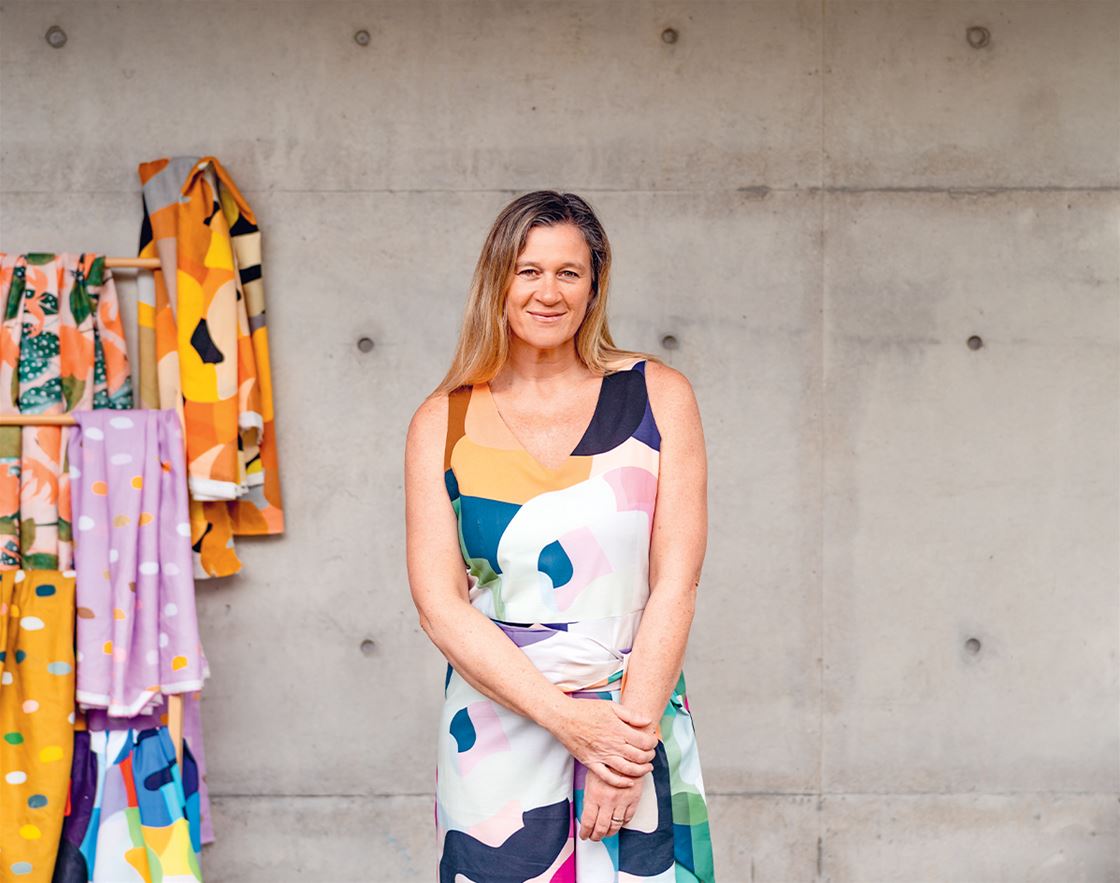
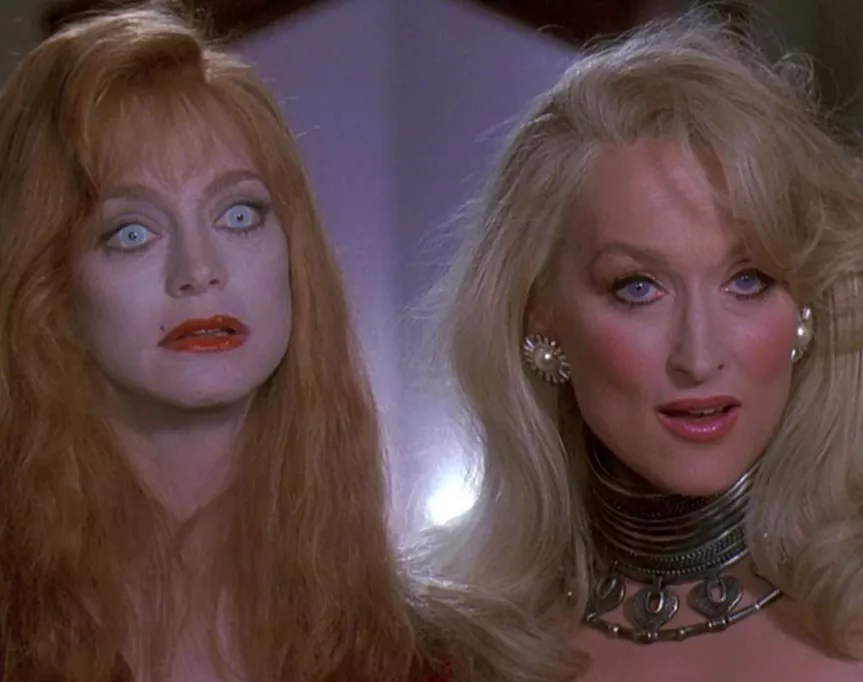
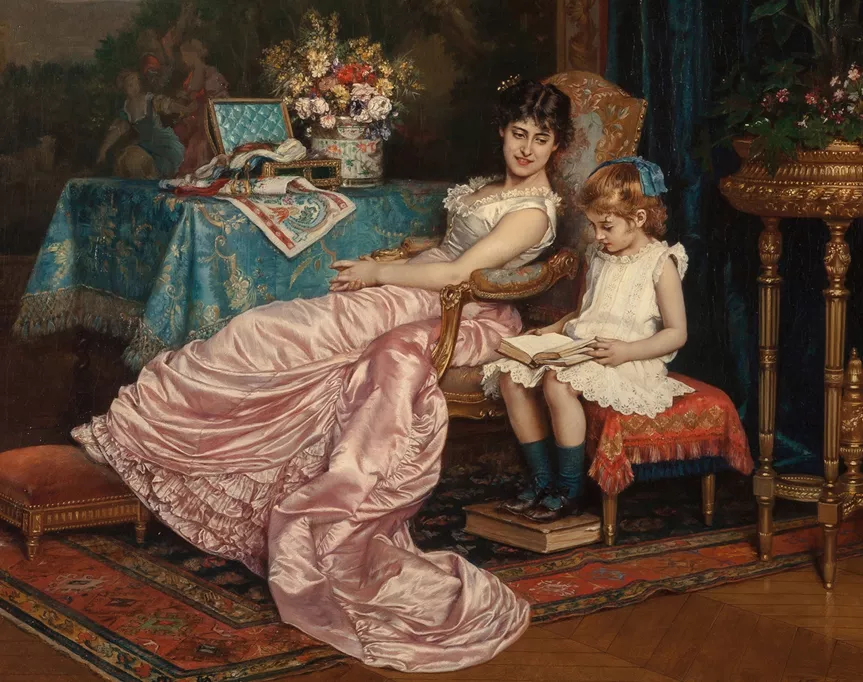
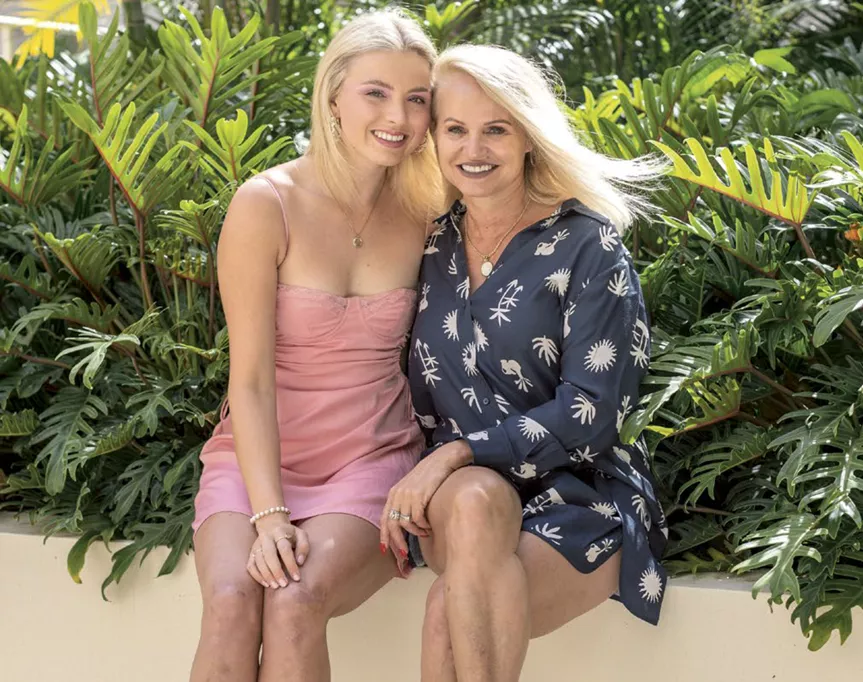
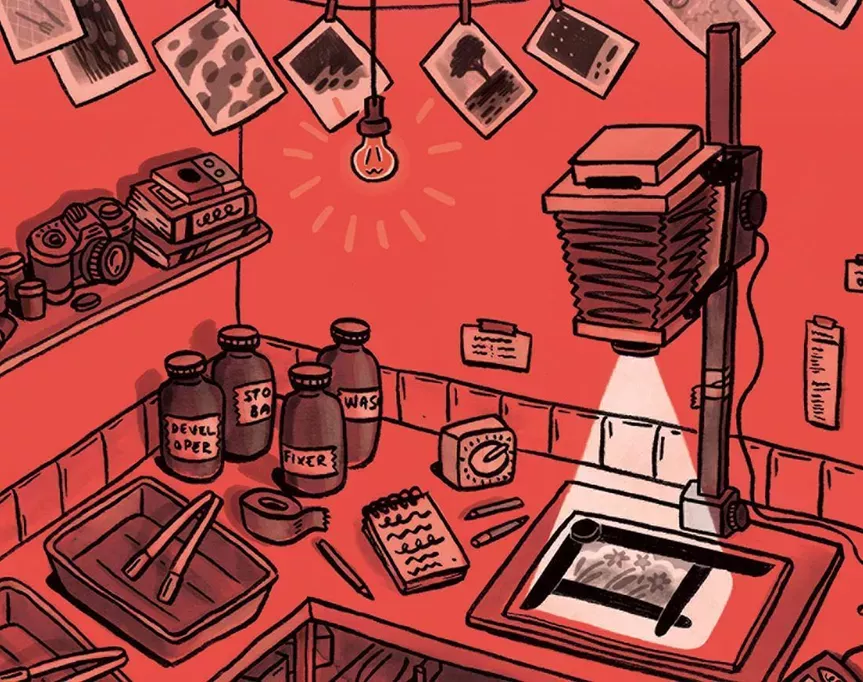
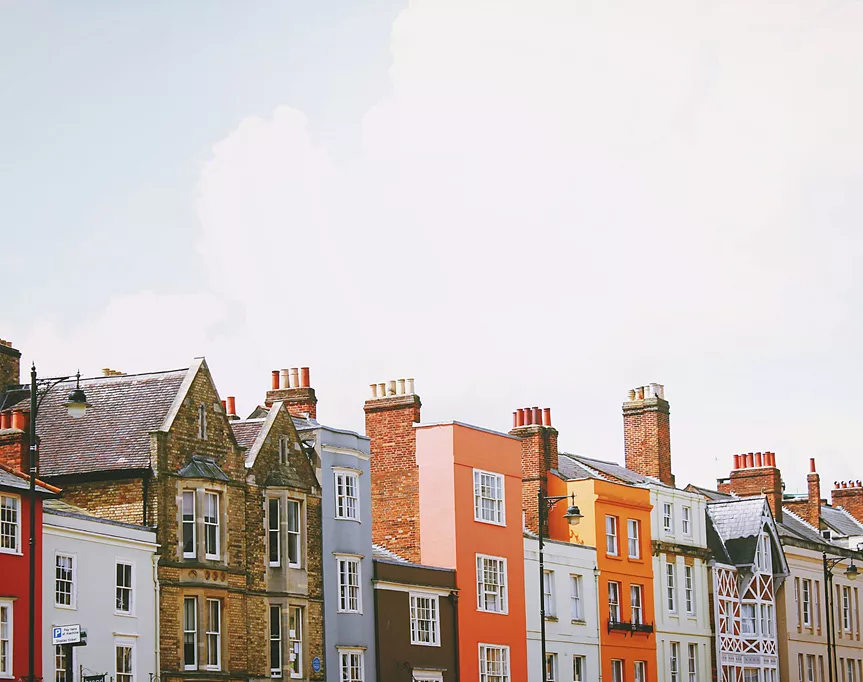

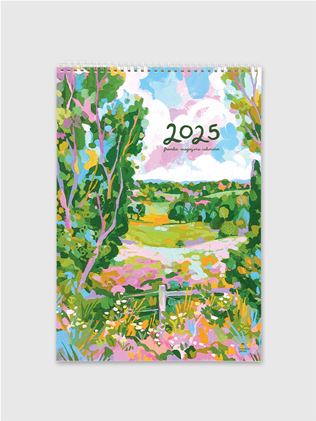
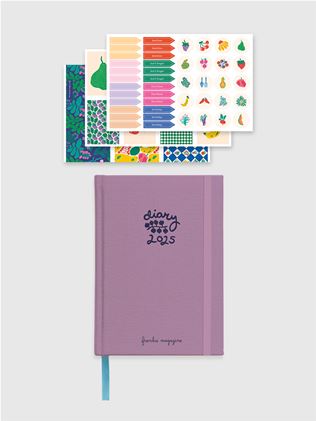
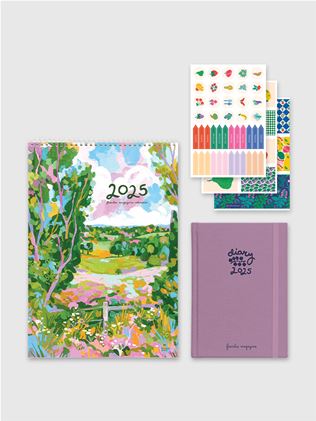
.jpg&q=80&w=316&c=1&s=1)


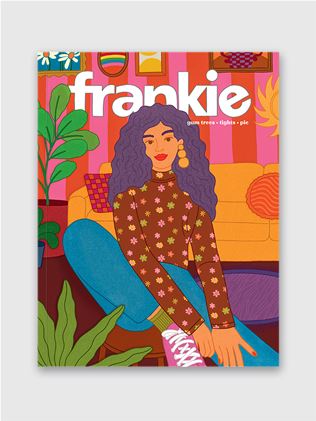
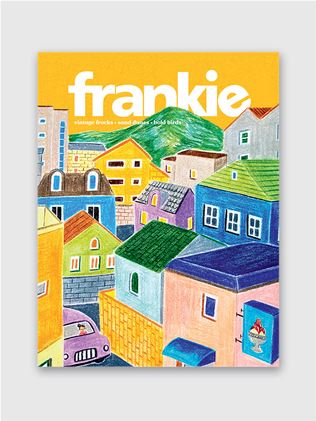


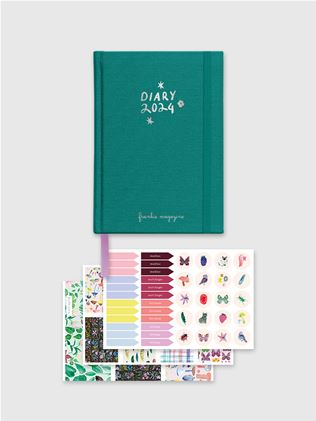



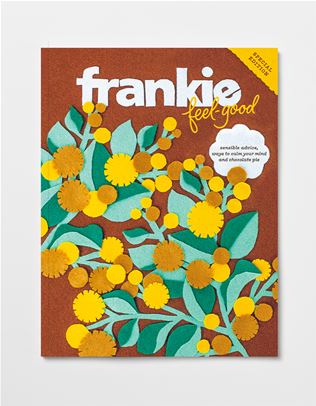






.jpg&q=80&w=316&c=1&s=1)










